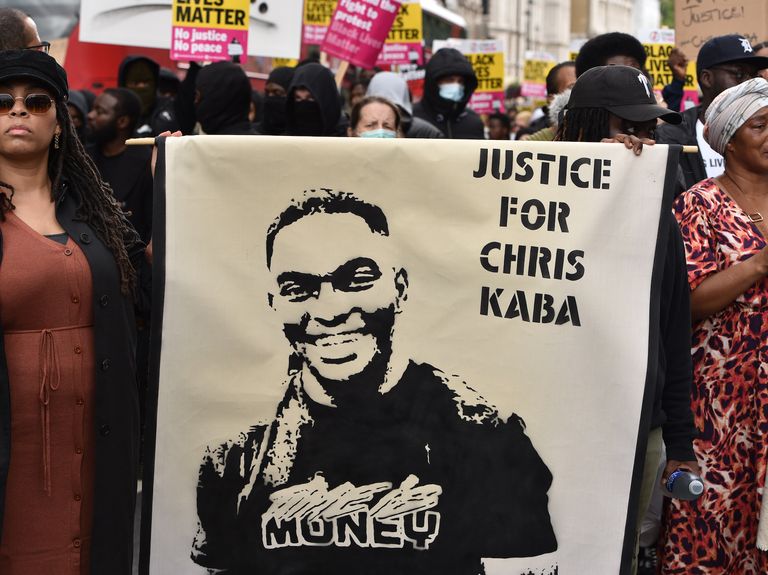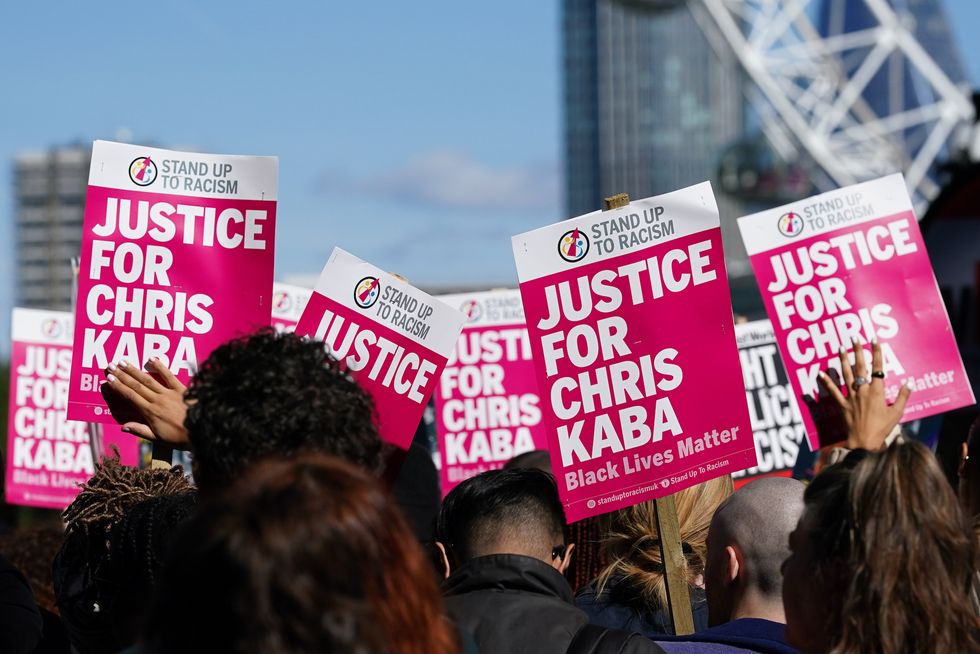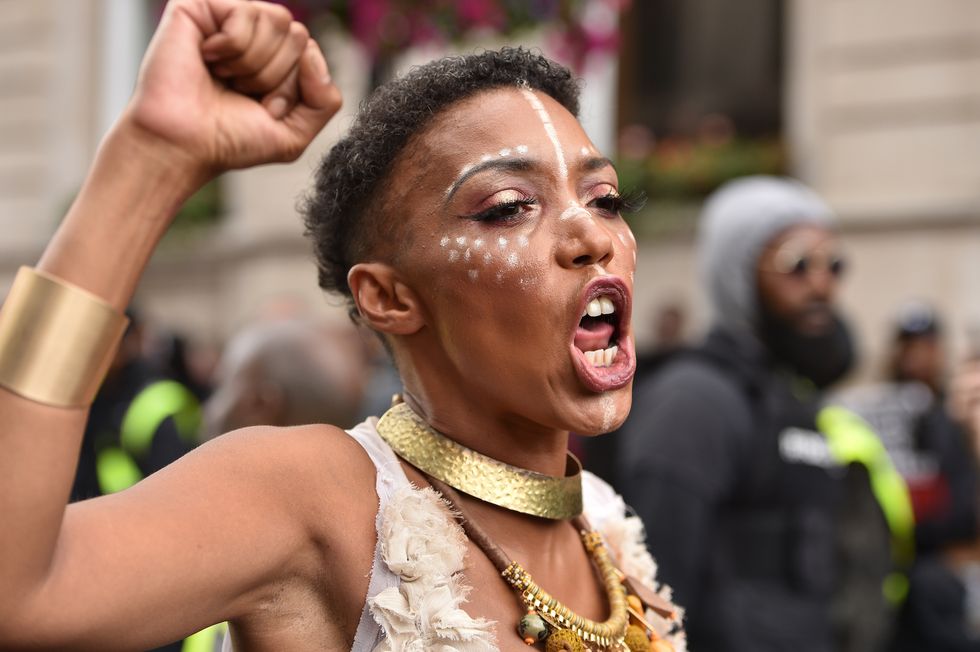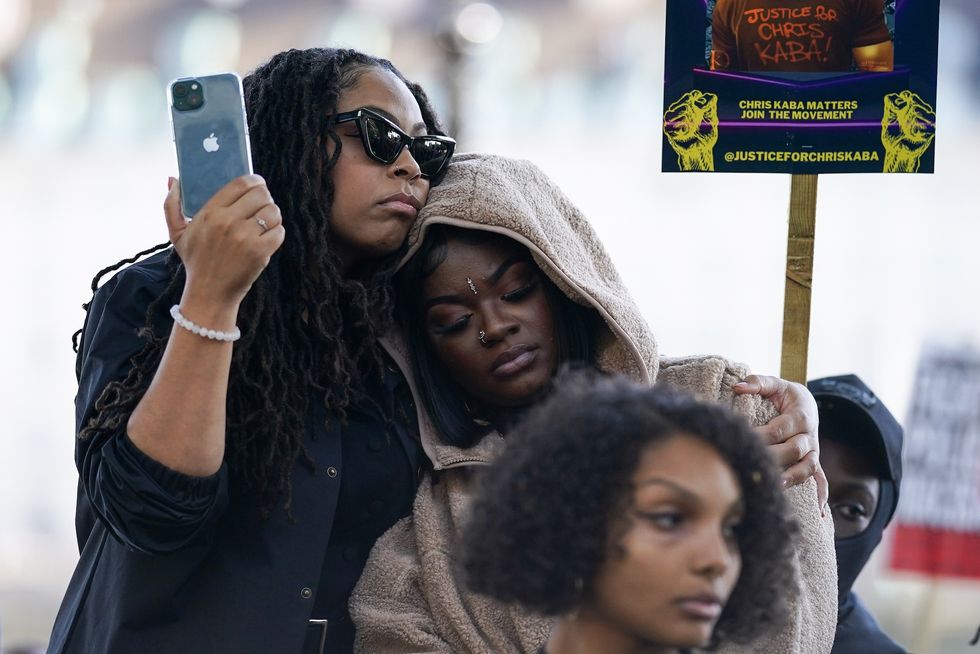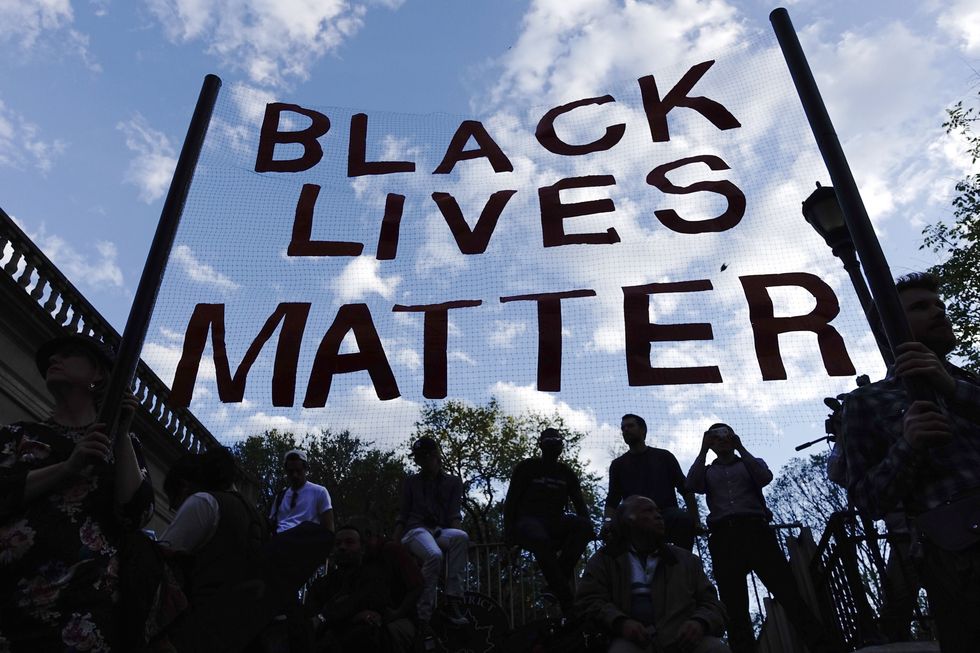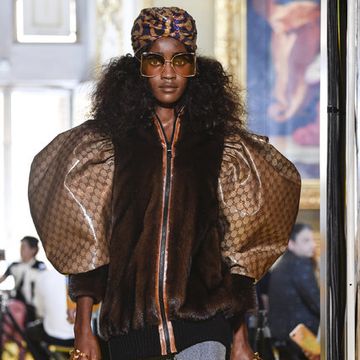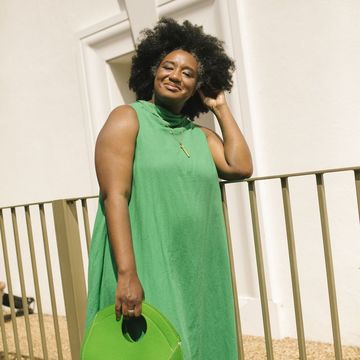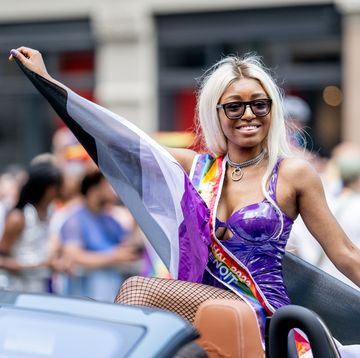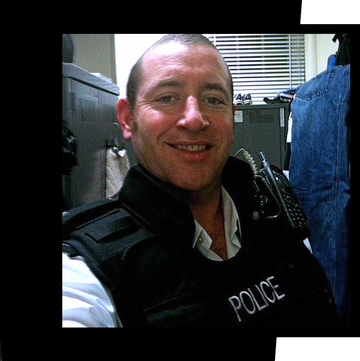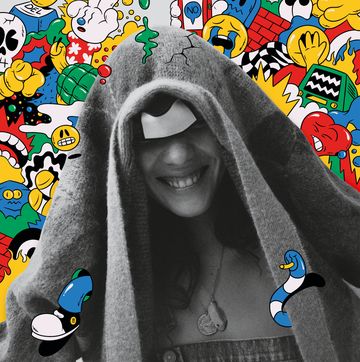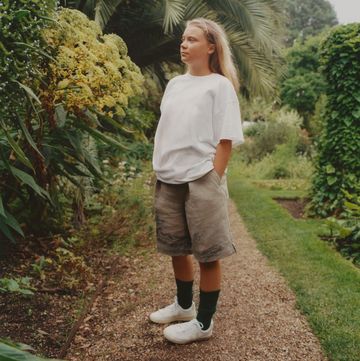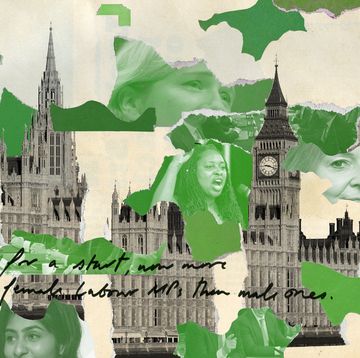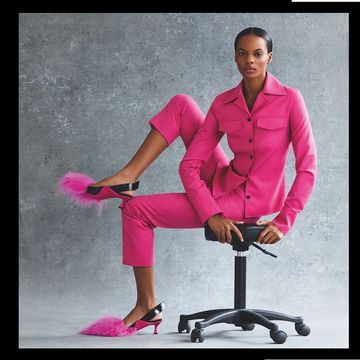When I heard about the killing of Chris Kaba, my initial reaction was just sorrow: that the lives of Black people are rendered so disposable, and that another sacred human life was violently and prematurely cut short by a state-sanctioned institution we are told exists to protect us. I heard the news at around the same time that Liz Truss was announced Prime Minister, quickly followed by the bombshell that the Queen had passed away.
There was such an avalanche of information last week that it felt difficult to process everything that was happening, simultaneously. The circumstances of Kaba’s killing had strong parallels with the shooting of 29-year-old Mark Duggan in 2011 - an event that sparked the five-day London Riots. However, the silence and lack of urgency to right wrongs following Kaba’s death has been deafening.
Following a car chase in Streatham Hill, south London on September 5, police shot Chris Kaba dead. When it emerged that the 24-year-old soon-to-be-father was unarmed, and had no weapon in his car, the family called for a murder investigation and accused the Metropolitan Police of racism. In a joint statement, associated community groups announced: ‘The community is gravely concerned that, yet another police incident has resulted in the death of a young man. Parents and young people are fearing for the safety of themselves. As a community we need to address the issues surrounding the shooting of young people and the relationship with the statutory agencies.’
Following killings such as that of Kaba, social media often erupts with attempts to justify the taking of human life because the person was deemed 'a criminal' (as if that warrants the death penalty!). But it disregards the salient fact that Black people are far more likely to be criminalised in the first place. And that the relationship between people from marginalised and economically-disadvantaged backgrounds and crime is intimately entwined with structural racism. And these are complex realities that can't be 'called out' online according to a simplistic narrative.
Kaba’s killing has reminded me of the promises and proclamations of 2020, after the murder of George Floyd. Where is the anti-racist movement that expressed itself so potently in the summer of 2020? Those promises and proclamations now seem performative and shallow. As the scholar George Lipsitz cautions, ‘good intentions and spontaneity are not adequate in the face of relentlessly oppressive and powerful, well-financed military and economic political systems'. Racism is so much more then name-calling or microaggressions. It's a symptom of a far more extensive eco-system that often determines life experiences from cradle to grave.
Chris Kaba was a successful rapper and a member of the popular musical collective 67 (six seven) on the UK drill music scene. He was also an aspiring architect. After her son’s death, his mother told reporters: ‘My heart is broken, I am speechless, my heart is broken. Police have taken Chris from me, I don’t know what to say. But I want justice to be done for Chris.’
While the officer responsible for Kaba's death has been suspended, individuals from his families and politicians feel that the time between the shooting and the suspension (a week) was far too long. Bell Ribeiro-Addy, the Labour MP for Streatham, who is supporting the Kaba family, said: 'It shouldn't have taken public pressure to make this happen…Time to honour the family's further demands without delay.' Kaba's cousin, Jefferson Bosela, stated that, 'the second a criminal investigation was opened he should have been suspended from there. It seems like there's no urgency in their dealings with this quite tragic matter.'
Of course, the killing of Kaba is not an isolated incident. On deaths in police custody Deborah Coles, the director of INQUEST, a charity in England and Wales that provides expertise on state related deaths, cautions: 'The disproportionality in the use of force against Black people adds to the irrefutable evidence of structural racism embedded in policing practices.' INQUEST’s ongoing casework and monitoring into institutional racism shows that 16% of deaths in police custody or otherwise following contact with the police since 1990 are people with Black, Asian and Minoritised Ethnicities, with the impact felt disproportionately by people racialised as Black, particularly young Black men.
In July 2021, Michelle Bachelet, the United Nations High Commissioner on Human Rights, published a damning report calling on states - including the UK - to 'end impunity' for human rights violations against Black people by police officers, and reverse the 'cultures of denial' towards systemic racism, particularly in the context of policing and deaths in custody. The discrimination Black people experience from law enforcement often begins from a young age, with school exclusions contributing to the criminalisation of children, while disproportionately affecting those from low-income backgrounds. A recent report by the Institute of Race Relations warned of a 'PRU [pupil referral unit] to prison' pipeline for working-class Black* children.
We need to channel the energy that was so apparent in 2020 after the death of George Floyd into a transformation of social relations, that transcend buzzwords and representation. In 2021, I wrote my 2021 book, What White People Can Do Next: From Allyship to Coalition, to ask: what, beyond Black squares and other amorphous slogans, are the demands of the current movement? At the time, 'visibility' seemed to have replaced collective action and organising: the kind of slow work unrelated to social media's instant gratification, that is meaningful beyond likes, shares and tweets. As Symeon Brown aptly writes in Get Rich or Lie Trying: 'Social media incentivises competition and disincentivises collectivism.'
Speaking at a recent rally demanding justice for Kaba, the rapper Stormzy addressed the crowd and called on people to 'have stamina' in the campaign for justice. And that's what we need - stamina. We need to be attentive to the ways in which racism impacts individuals' everyday lives, from where they live and what resources they have access to, to the ways in which they are treated by society’s institutions. We also need to consider the way other marginalised groups are discriminated, and work out a way to create a better future and transform institutions from which we should benefit, not fear.
Emma Dabiri is a Contributing Editor of ELLE.
*When I use ‘Black’ this is inclusive of people of mixed ancestry who are racialised as Black such as Mark Duggan, or indeed the statistics that show that one of the groups most impacted by school exclusions are pupils of mixed white and Black Caribbean heritage.
